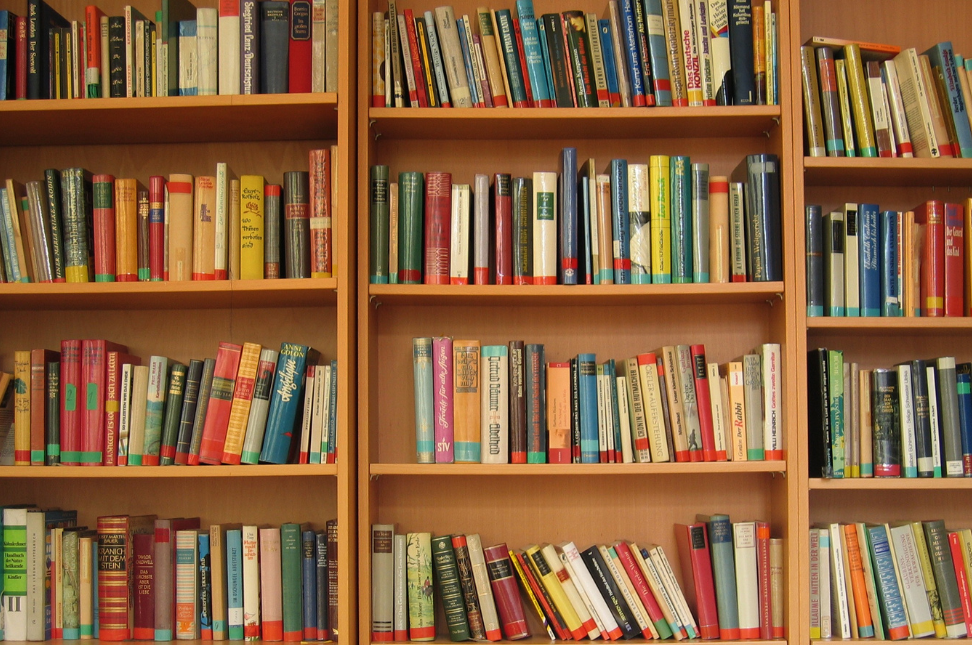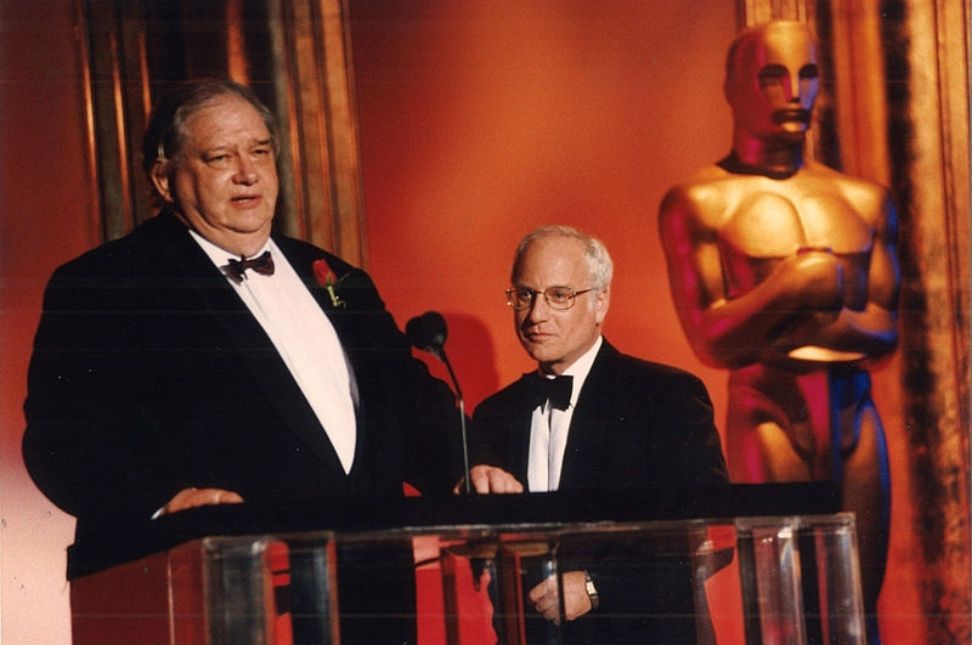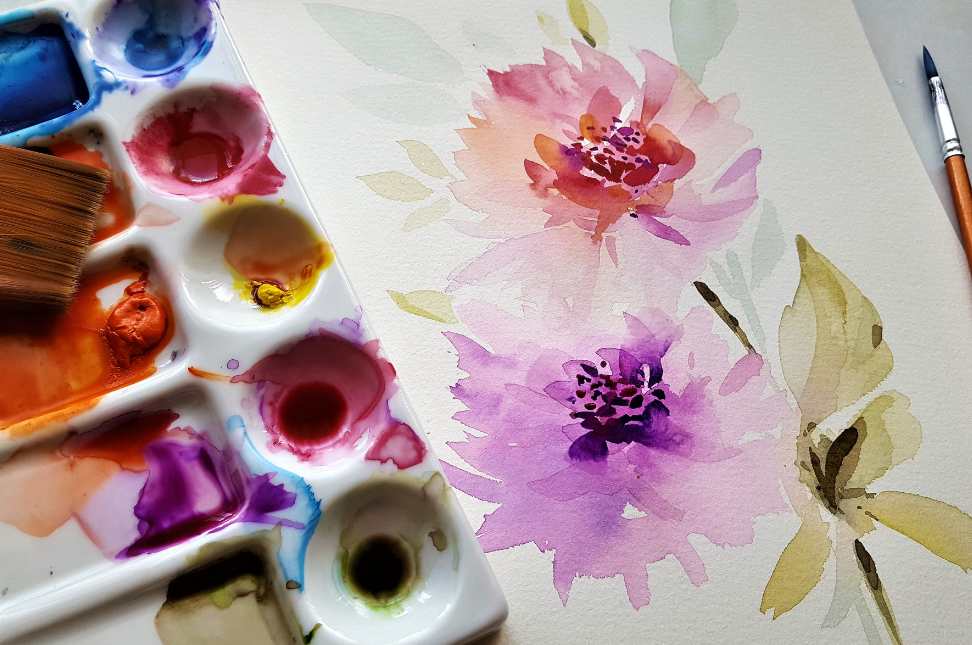Indian Literature is a vast and diverse field, reflecting the rich cultural and historical tapestry of India. From ancient texts to contemporary novels, Indian Literature encompasses a wide range of genres, languages, and themes. This article explores the depth and breadth of Indian Literature, highlighting its evolution, key contributions, and global impact.
The Historical Evolution of Indian Literature
Indian Literature has a long and storied history that dates back thousands of years. It encompasses a variety of literary forms and traditions, influenced by India’s diverse cultures and languages.
- Ancient Texts: The earliest forms of Indian Literature include the Vedas, Upanishads, and epics like the Mahabharata and Ramayana. These ancient texts are not only religious scriptures but also literary masterpieces that offer insights into early Indian society and philosophy.
- Classical Literature: Over the centuries, Indian Literature evolved to include classical works in Sanskrit, Tamil, and other regional languages. Renowned poets and playwrights like Kalidasa and Bhasa made significant contributions during this period, creating works that are still celebrated today.
- Medieval and Early Modern Literature: The medieval period saw the rise of regional literary traditions, with notable contributions from poets like Kabir and Mirabai. The advent of colonialism brought about changes in Indian Literature, with writers like Rabindranath Tagore and R. Parthasarathy exploring new themes and styles.
Key Genres and Forms in Indian Literature
Indian Literature is characterized by its diverse genres and forms, each reflecting different aspects of Indian life and culture.
- Epic Poetry: The epics, Mahabharata and Ramayana, are foundational texts in Indian Literature. They are not only epic narratives but also contain philosophical, moral, and spiritual lessons.
- Bhakti Poetry: Bhakti poetry, from the medieval period, includes devotional verses dedicated to various deities. This genre emphasizes personal devotion and love for God, with poets like Kabir and Tukaram leading the way.
- Modern Fiction: In contemporary Indian Literature, novelists like Salman Rushdie and Arundhati Roy have gained international acclaim. Their works often address themes of identity, politics, and globalization, reflecting the complexities of modern Indian society.
Major Figures in Indian Literature
Several key figures have shaped the landscape of Indian Literature, each contributing their unique voice and perspective.
- Rabindranath Tagore: Tagore was a multifaceted writer who won the Nobel Prize in Literature in 1913. His works, including poetry, short stories, and plays, are known for their lyrical beauty and exploration of human emotion.
- R. Parthasarathy: A prominent contemporary poet, Parthasarathy’s work blends traditional and modern themes, reflecting the evolving nature of Indian Literature.
- Salman Rushdie: Rushdie’s novels, such as “Midnight’s Children,” have garnered global recognition for their innovative narrative techniques and exploration of post-colonial themes.
Themes and Motifs in Indian Literature
Indian Literature explores a wide range of themes and motifs, reflecting the diversity and complexity of Indian culture.
- Identity and Self: Many works in Indian Literature explore themes of identity and self, examining the individual’s place within society. This includes questions of caste, religion, and personal freedom.
- Spirituality and Religion: Spirituality is a recurring theme in Indian Literature, with many texts exploring the relationship between humans and the divine. The bhakti movement, for example, focused on personal devotion and spiritual connection.
- Social and Political Issues: Contemporary Indian Literature often addresses social and political issues, including gender inequality, caste discrimination, and the impact of globalization. Authors use their writing to critique societal norms and advocate for change.
The Global Impact of Indian Literature
Indian Literature has made significant contributions to global literature, with Indian authors gaining recognition on the world stage.
- Translation and Adaptation: Many works of Indian Literature have been translated into various languages, making them accessible to international readers. This has helped to spread the influence of Indian literary traditions and ideas.
- Awards and Recognition: Indian authors have received numerous international awards, including the Booker Prize and the Pulitzer Prize. This recognition highlights the global impact of Indian Literature and its relevance to contemporary issues.
- Cultural Exchange: The global success of Indian literature has facilitated cultural exchange, allowing readers from different backgrounds to engage with Indian stories and perspectives.
Contemporary Trends in Indian Literature
Modern Indian Literature continues to evolve, reflecting changes in Indian society and global trends.
- Digital Literature: The rise of digital media has given new platforms to Indian writers, who are now publishing online and reaching a global audience. This shift is changing the way literature is created and consumed.
- Diverse Voices: Contemporary Indian Literature is increasingly inclusive, representing a wide range of voices and experiences. Writers from different regions, languages, and backgrounds are contributing to a richer and more varied literary landscape.
- Exploration of New Themes: Modern Indian writers are exploring new themes, including technology, environmental issues, and the impact of migration. These contemporary concerns reflect the changing realities of Indian society and the world.
Conclusion: The Enduring Legacy of Indian Literature
Indian Literature is a vibrant and diverse field that continues to captivate and inspire readers around the world. From ancient epics to modern novels, it reflects the richness of Indian culture and the complexity of human experience.
In conclusion, Indian Literature offers a deep and multifaceted exploration of India’s past and present. Its stories, themes, and characters provide valuable insights into the human condition and the cultural heritage of one of the world’s most dynamic societies. As it continues to evolve and adapt, Indian Literature remains a vital and influential force in global literary traditions.




